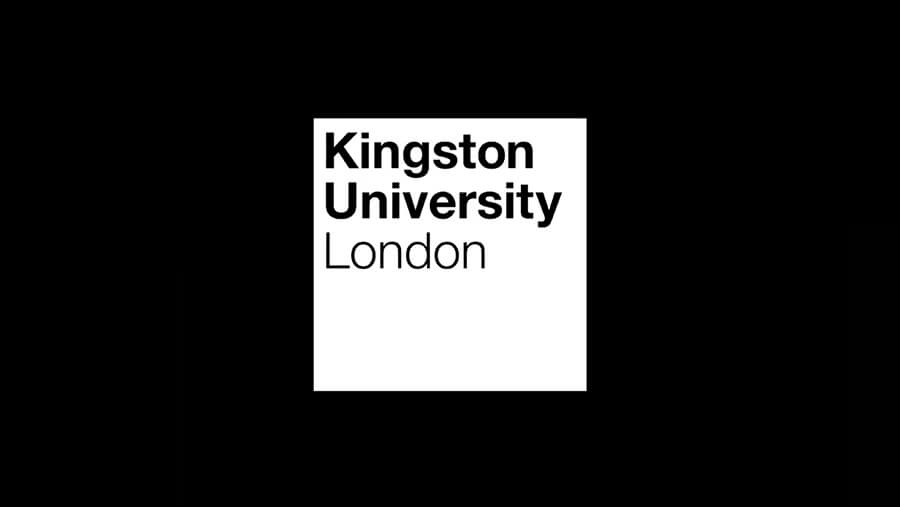This course examines the causes and consequences of crime, crime prevention, ways to limit the harm caused by crime, and the workings of the criminal justice system (including policing and punishment).
Reflecting the real-life relevance of this degree, the course includes court observations, research, and case studies.
You'll study individual motivations, psychological influences, and the social, cultural, and political environments that surround crime. There are advanced modules on the context of crime, criminalization and investigation, criminal behavior, and therapy. You can also explore your area of interest in greater depth in your dissertation project. As well as subject-specific expertise, you'll graduate with skills in data analysis, communication, team working, and project management.
Reasons to choose Kingston University
- You may incorporate a module of work experience or volunteering as part of your degree.
- Kingston is conveniently close to London's many high-profile law institutions and renowned criminal courts.
- You may study for a year in a partner university abroad. This will give an international perspective to your studies and a chance to experience a different culture.














